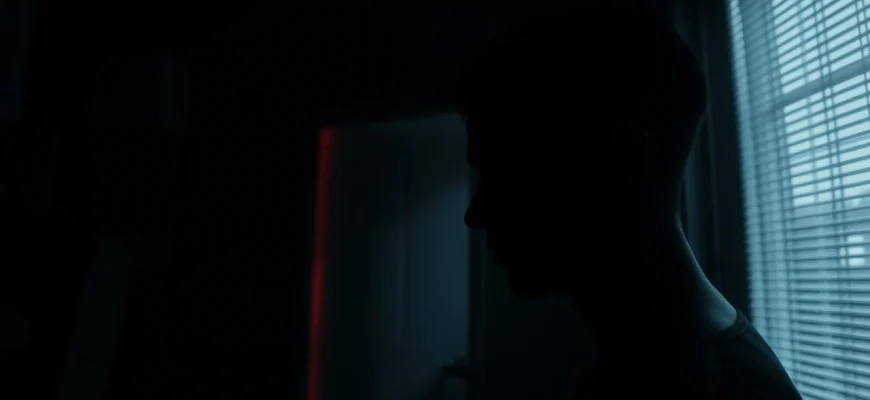If you were captivated by the chilling true-crime drama 'The Man Who Murdered His Family (2025),' you're likely craving more stories that delve into the dark corners of human psychology, crime, and justice. This article explores nine gripping movies and shows that share similar themes of family betrayal, shocking crimes, and intense investigations. Whether you're a true-crime enthusiast or simply love edge-of-your-seat thrillers, these recommendations will keep you hooked.

Dirty John (2018)
Description: Like 'The Man Who Murdered His Family', 'Dirty John' is a true crime story focusing on a manipulative and dangerous individual who infiltrates a family, leading to violence. Both narratives explore themes of trust, betrayal, and the devastating impact of one person's actions on an entire family.
Fact: The series is based on the popular podcast of the same name by the Los Angeles Times. Connie Britton and Eric Bana star in the lead roles. The real-life John Meehan's criminal past was even more extensive than portrayed in the series.
 Watch Now
Watch Now 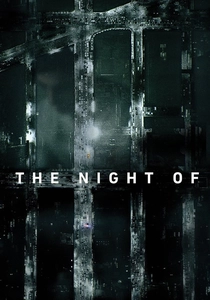
The Night Of (2016)
Description: While 'The Night Of' focuses on a wrongful accusation, it shares with 'The Man Who Murdered His Family' an intense examination of a murder's aftermath and the criminal justice system. Both stories delve into how a single violent act can unravel lives and reveal hidden truths.
Fact: The series is a remake of the British show 'Criminal Justice'. Riz Ahmed received widespread acclaim for his performance. The show's realistic portrayal of the prison system was praised by critics.
 Watch Now
Watch Now 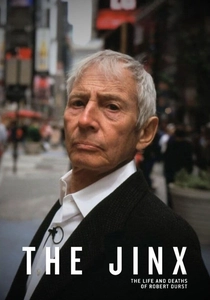
The Jinx: The Life and Deaths of Robert Durst (2015)
Description: This documentary series shares similarities with 'The Man Who Murdered His Family' as it delves into the dark and twisted psyche of a real-life murderer, Robert Durst. Both explore themes of family betrayal, hidden secrets, and the unraveling of a seemingly normal person's life. The Jinx is particularly notable for its shocking revelations and the eerie confession caught on tape.
Fact: The series features an infamous moment where Robert Durst, unaware his microphone was still on, mutters a confession in the bathroom. The documentary played a significant role in Durst's eventual arrest. Director Andrew Jarecki initially explored Durst's story in the fictional film 'All Good Things' before making this documentary.
 Watch Now
Watch Now 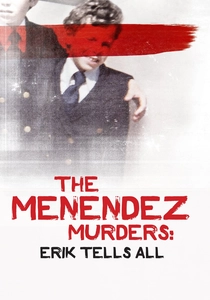
The Menendez Murders: Erik Tells All (2017)
Description: This documentary directly parallels 'The Man Who Murdered His Family' as it recounts the infamous case of the Menendez brothers who murdered their parents. Both stories involve family annihilation and explore the complex psychological motivations behind such brutal acts.
Fact: Features exclusive interviews with Erik Menendez from prison. The case was highly controversial, with debates about abuse allegations. The Menendez brothers' trials were among the first high-profile cases televised in the 1990s.
 Watch Now
Watch Now 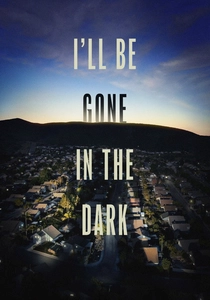
I'll Be Gone in the Dark (2020)
Description: This documentary series aligns with 'The Man Who Murdered His Family' in its deep dive into the mind of a killer and the lasting trauma inflicted on families. It chronicles the hunt for the Golden State Killer, emphasizing the relentless pursuit of justice and the emotional toll on victims' families.
Fact: Based on Michelle McNamara's bestselling book, which she was writing at the time of her death. The Golden State Killer was arrested shortly after the book's publication. McNamara's husband, Patton Oswalt, was instrumental in completing the project.
 Watch Now
Watch Now 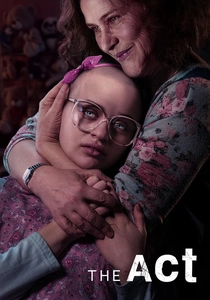
The Act (2019)
Description: 'The Act' mirrors 'The Man Who Murdered His Family' in its exploration of a deeply disturbing family dynamic leading to murder. Based on a true story, it examines the psychological manipulation and eventual matricide committed by Gypsy Rose Blanchard. Both stories highlight the extreme consequences of familial abuse and deception.
Fact: The series is based on the real-life case of Gypsy Rose Blanchard and the murder of her mother, Dee Dee Blanchard. Patricia Arquette won a Golden Globe for her portrayal of Dee Dee. The case gained widespread media attention due to its bizarre and tragic nature.
 Watch Now
Watch Now 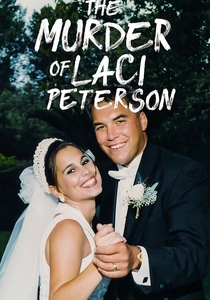
The Murder of Laci Peterson (2017)
Description: This true crime special shares with 'The Man Who Murdered His Family' the theme of a spouse committing the ultimate betrayal. Both stories examine the public's fascination with cases where family members are perpetrators, and how media coverage shapes perceptions of guilt and innocence.
Fact: The case led to California's 'Laci and Conner's Law', which recognizes unborn victims as murder victims. Scott Peterson was convicted of murdering his pregnant wife Laci in 200The case was one of the most followed in the early 2000s.
 Watch Now
Watch Now 
The Staircase (2004)
Description: This documentary series resonates with 'The Man Who Murdered His Family' in its examination of whether a family man could brutally kill his wife. Both stories explore the duality of human nature and the mystery surrounding deaths within families that may or may not be accidents.
Fact: The documentary was filmed over 16 years, following Michael Peterson's legal battles. The case involved controversial owl theory as an alternative explanation for the death. Colin Firth later starred in a fictionalized HBO adaptation.
 30 Days Free
30 Days Free 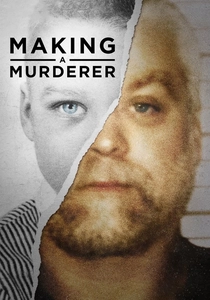
Making a Murderer (2015)
Description: Similar to 'The Man Who Murdered His Family', this documentary series presents a harrowing account of alleged family violence and a controversial murder case. Both raise questions about truth, justice, and whether the legal system always gets it right when dealing with family crimes.
Fact: The series sparked national debate about Steven Avery's guilt or innocence. Filmmakers followed the case for over 10 years. The series led to widespread scrutiny of the Wisconsin justice system.
 30 Days Free
30 Days Free 
